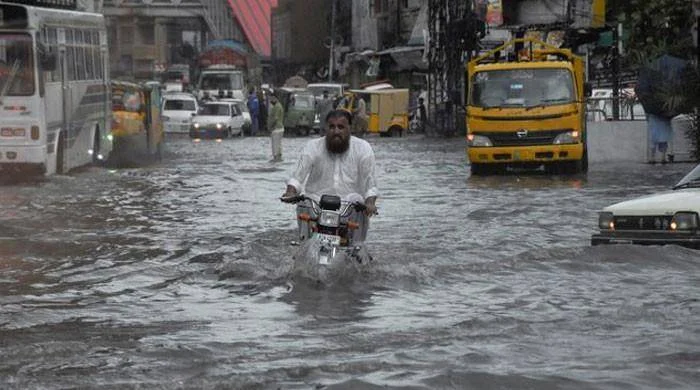The National Disaster Management Authority (NDMA) has issued a warning that the current monsoon system in Pakistan is expected to persist until September 10, creating significant risks for communities across the country. Lieutenant General Inam Haider, NDMA Chairman, emphasized that the increasing impact of climate change is making floods more intense and unpredictable.
Experts estimate that flood severity could rise by 22% in the next year, posing environmental and economic challenges, especially in northern regions where glaciers are melting rapidly.
During a briefing for lawmakers, General Haider highlighted that water reservoirs are under continuous monitoring. So far, around 150,000 people have been relocated from the Sutlej River area, while 2,100 tons of emergency supplies have been dispatched to districts affected by flooding. Authorities are also working to restore infrastructure in Gilgit-Baltistan, which suffered extensive damage.
The NDMA chief expressed concern that many residents still live in flood-prone zones, and government plans include evacuating low-lying areas nationwide to prevent future losses.
Rescue efforts in Punjab and Khyber Pakhtunkhwa have been lauded for their efficiency, with significant support from Pakistani welfare organizations.
General Haider confirmed that comprehensive weather data from June 26 onward has been collected, showing a troubling trend that may intensify next year. He urged collective action to protect Pakistan’s glaciers, which constitute the second-largest glacier concentration in the world.
In response to lawmakers’ queries about early warning systems, the NDMA Chairman clarified that the Meteorological Department handles forecasting, while NDMA specializes in disaster response and relief operations.
Read More: IMF, ADB Push for Disaster Insurance in Pakistan
Pakistan’s northern glaciers, numbering around 7,500, are receding quickly, raising the risk of drought-like conditions in the future. Such changes could threaten food security and water availability, making urgent climate mitigation and adaptation strategies essential.









